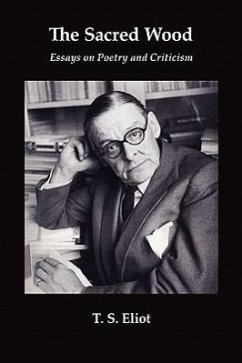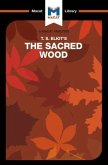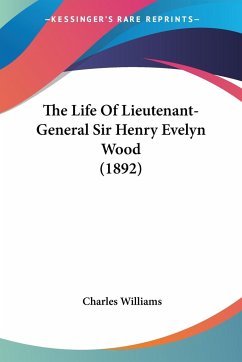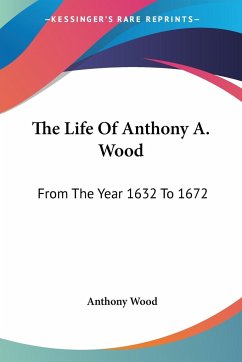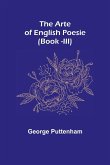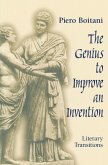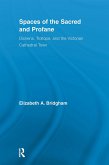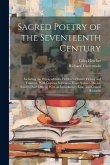In this collection of critical essays, eminent poet T. S. Eliot discusses several of the issues of modernist writing. The best-known essay of the collection, "Tradition and the Individual Talent," puts forth Eliot's theory of a literary tradition that comprises the whole of European literature from Homer to the present, and of the relationship of the individual poet to that tradition. Another notable essay is "Hamlet and His Problems," in which Eliot expresses his theory of the "objective correlative." The book also includes Eliot's thoughts on Marlowe, Jonson, Massinger, and Dante. An important work for anyone who is seriously interested in poetry or literary criticism.
Hinweis: Dieser Artikel kann nur an eine deutsche Lieferadresse ausgeliefert werden.
Hinweis: Dieser Artikel kann nur an eine deutsche Lieferadresse ausgeliefert werden.

